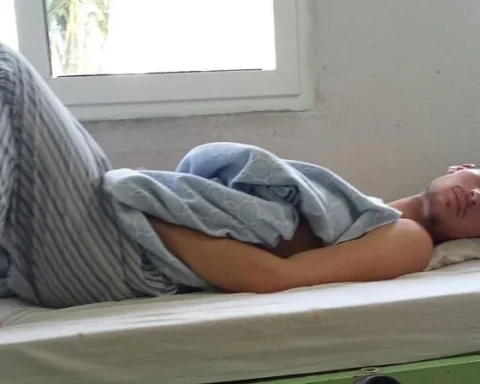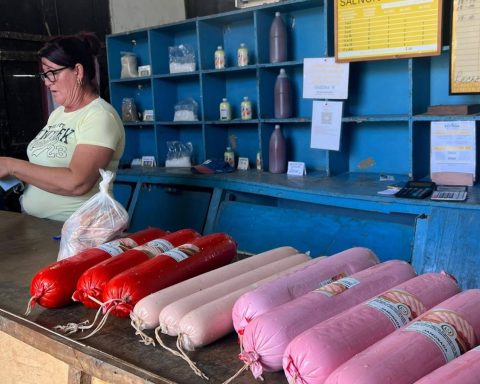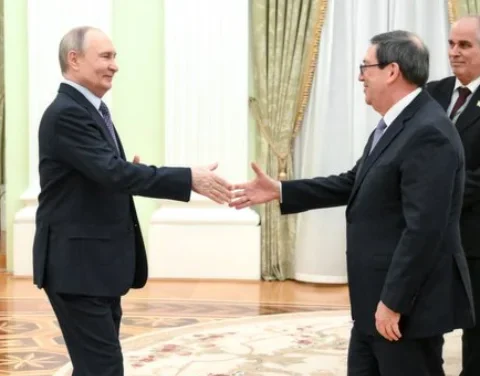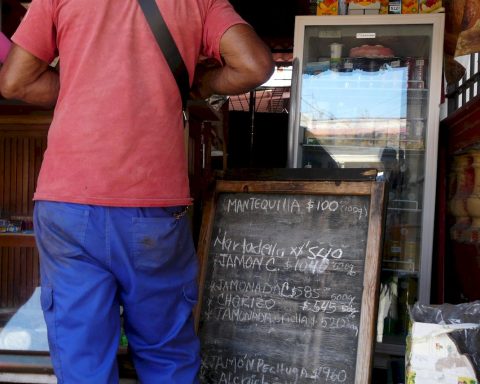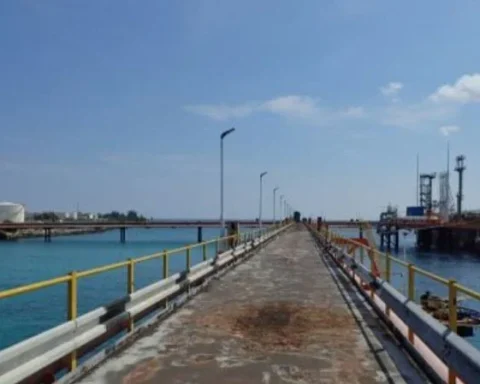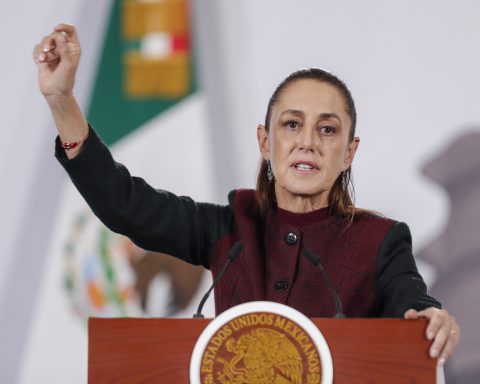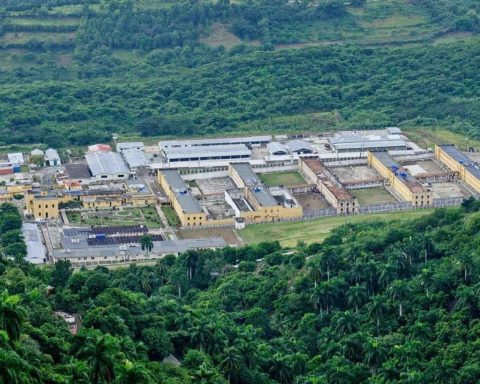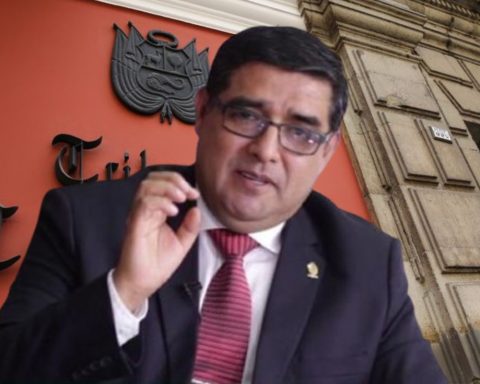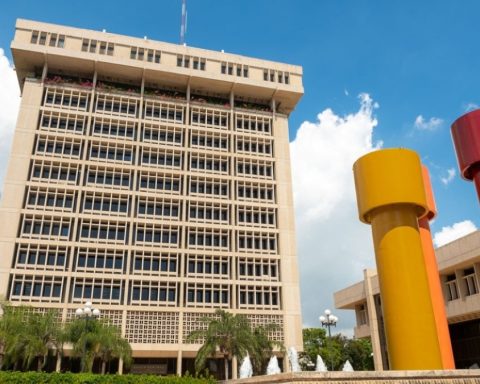The delegation of administration or management to the private sector already exists in the country. The Executive’s project seeks to promote and function efficiently.
Political and social sectors continue to oppose the Investment Lawdriven by the Government of Guillermo Lassobecause they assure that it is privatizing and it will only benefit “large foreign transnationals”.
The normative It will be voted on March 24, 2022 in the plenary session of the Assemblybut nowhere does it determine mechanisms to sell ownership of public assets (privatization).
In chapter I, a legal framework is established to facilitate the delegation of management and administration of these assets, through figures such as Public-Private Partnerships (PPP) and the concession.
This means that the construction of a highway or the rehabilitation and maintenance of a hospital can be awarded to a private party for between 10 and 40 years, but without the property ceasing to be public; and services, especially in education and health, cease to be free as established by the Constitution.
Diego Olmedo, economist and businessman, recalled that in Ecuador there are already private businesses what do they handle public servicesfor example, Consorcio Vachagnon (garbage), Interagua, Tagsa (airport services), Quiport (Quito airport), Ecotacho (Rumiñahui).
“In Scandinavian countries, which are set as an example by the Latin American and Ecuadorian left, the construction and administration of prisons has been concessioned. The private participation it’s not bad per se. Instead of closing the door to the initiative of the E from the Assembly controls, limits and transparency mechanisms should be put in place to avoid corruption problems”, he pointed out.
Andrea Mendieta, an economist and public policy researcher, pointed out that, contrary to what independent assembly members, such as John Vineza, the door should not be closed to complementary services in sectors such as health and education. These services may include books, printing, food, uniforms, research and development centers within public education entities, distribution of medicines, among others.
The keys to the delegation of management and administration to the private sector within the Investment Law are detailed below:
1.- The main focus for the Public-Private Partnerships (PPPs) and Delegated Management is the creation and improvement of infrastructure. That is, the road construction, electrical projects, refineries, among others. The private they may be in charge of maintaining a school or a hospital, but not the public health or education service. These services, like the IESS, are constitutionally restricted to the State.
2.- The private businesses They may administer complementary services, such as food, uniforms, delivery of medicines, but in no case do they have the power to charge users. At contract with the state, a payment to the private supplier with public money is established. The only case in which users can be charged is in concession highway tolls. That value will be established from the State. A public copayment is even contemplated in case the rate is too high for the purchasing power of the population.
3.- According to Roberto Salas, Technical Secretary of Public-Private Partnerships (PPPs) and Delegated Management, all the modalities foreseen in the Investment Law they allow a private person to have the administration for up to a maximum of 40 years. After this period, all the assets return to the State. If the private sector fails to comply with its responsibilities, such as the adequate maintenance of a road, fines are established and even the reversal of the concession.
4.- In article 7 of the Investment Law it is established that the delegation to private parties is exceptional and applies to sectors that are already permitted by current regulations. If you want to concession or delegate to other sectors, the President of the Republic can open the possibility through an executive decree. That decree must be based on a firm project and with all the supports of the case. If this is discretionary, the assembly members should put controls and locks, but not discard the initiative, according to Mendieta.
5.- In 2015, during the last government of Rafael Correa, a Law on Public-Private Partnerships (PPP). In this norm, the door has already been opened to grant concessions, exceptionally, for projects in strategic sectors such as energy, oil, ports and roads. It did not work because of excessive bureaucracy. In addition, it created the possibility that, if contracted with another public company, no contest (by finger) is needed. The new Law eliminates this possibility and establishes the obligation that all contracting be done through bidding or open contests. It also creates a single registry of projects, which must be publicly accessible. (JS)
$30.000 millones es el portafolio inicial de las nuevas inversiones que se busca delegar al sector privado.
